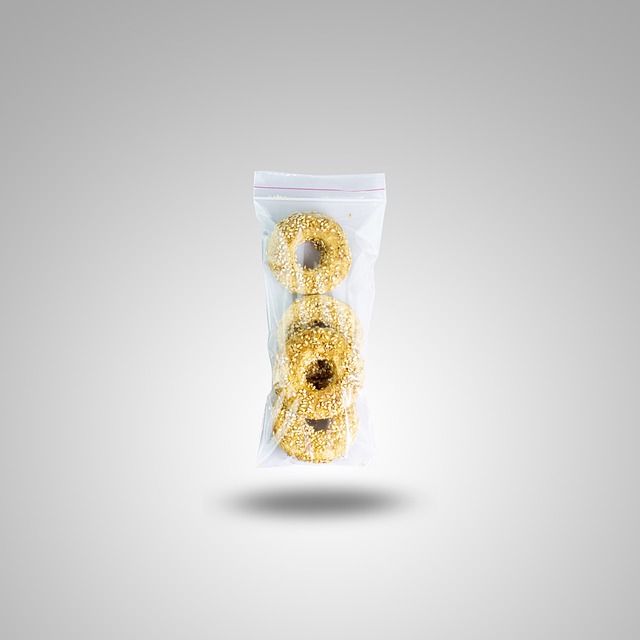Ziplock Bags: The Hidden Microplastic Danger Linked to Cancer
Dangerous Microplastics Found in Ziplock Bags
Recent laboratory analyses have revealed that common Ziplock bags may leach dangerous levels of microplastics into food, especially when used for storing hot items or when microwaved. These plastic fragments, often invisible to the naked eye, are not just environmental threats—they’re emerging as serious health hazards.
Studies published in journals like Environmental Science & Technology have linked microplastics to inflammation, hormone disruption, and DNA damage. Alarmingly, researchers at the University of Newcastle found that humans may be ingesting the equivalent of a credit card’s worth of plastic each week.
Health Impact: A Direct Link to Cancer?
Microplastics can act as carriers for toxic chemicals such as BPA, phthalates, and heavy metals. These substances are known endocrine disruptors and have been classified by the World Health Organization as potential carcinogens. Long-term exposure has been linked to:
- Increased risk of breast and prostate cancer
- Gastrointestinal inflammation
- Neurological damage
- Hormonal imbalances
When consumed through contaminated food stored in plastic, these microplastics can infiltrate the bloodstream and accumulate in organs, creating a ticking time bomb inside the body.
Ziplock Faces Legal Scrutiny
In early 2025, a class-action lawsuit was filed against S.C. Johnson & Son, Inc., the manufacturer of Ziplock bags. Plaintiffs allege that the company failed to adequately warn consumers about the risks of microplastic contamination and the potential health dangers linked to long-term exposure.
The lawsuit claims that the company engaged in deceptive marketing practices by labeling the bags as “safe for food storage” without disclosing the risk of chemical leaching when exposed to heat. The case is expected to set a precedent for future plastic safety litigation.
How to Detox: Spirulina and Fulvic Acid
If you’ve been regularly using Ziplock bags or other plastic containers, a detox may be in order. Two powerful natural substances are leading the charge in microplastic detox:
1. Spirulina
Spirulina is a blue-green algae rich in chlorophyll, antioxidants, and phycocyanin. Studies have shown that it can help bind to heavy metals and synthetic compounds, assisting in their removal through the body’s natural detox pathways. It also boosts liver function and supports immune health.
Shop Here
2. Fulvic Acid
Fulvic acid is a powerful organic compound derived from decomposed plant matter. It acts as a natural chelator, binding to toxins—including microplastics—and transporting them out of cells. It also enhances nutrient absorption and helps repair cellular damage caused by toxic exposure.
For best results, experts recommend a 30-day detox regimen combining organic spirulina powder (3–5g/day) and a high-quality fulvic acid supplement.
shop here
Safer Alternatives to Ziplock Bags
To reduce exposure to microplastics, consider switching to:
- Glass or stainless steel containers
- Silicone reusable bags (BPA-free and heat-resistant)
- Beeswax wraps for dry foods
Always avoid microwaving food in plastic, and never use plastic bags for hot or acidic items.
